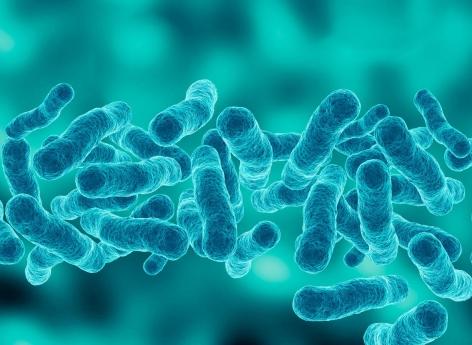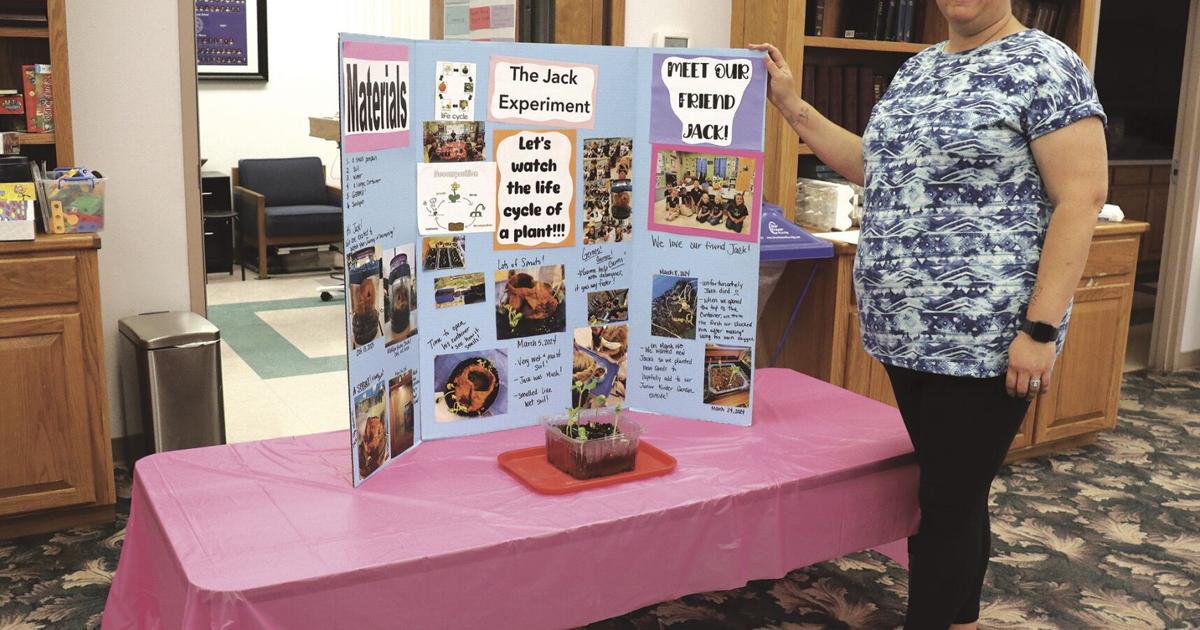
Although they lack neurons, synapses, and a nervous system, bacteria are able to form a type of memory. According to a new study. Moreover, they can move these things “memories” To their descendants over at least four generations.
“Bacteria don’t have a brain, but they can gather information about their environment, and if they encounter that environment repeatedly, they can store that information and quickly access it later if it is useful to them.” said the study's lead author, Souvik Bhattacharya.
How do bacteria make their memories?
Souvik Bhattacharya and his colleagues studied E. coli and found that this type of bacteria uses iron “to save” Certain behaviors, which can then be activated in response to the same stimuli.
In fact, bacteria contain varying levels of iron within their bodies, which is a very important compound for cellular metabolism.
According to scientists, these memories formed thanks to iron persisted over four generations of bacteria and were naturally lost by the fifth generation. However, the researchers found that by artificially increasing the bacteria's iron levels, their memories could last longer.
Study of bacterial memory to fight bacterial infections
This new discovery has implications for the treatment and prevention of bacterial infections. It can also help fight antibiotic resistance.
Bacterial infections are the second leading cause of death worldwide, just after heart problems. Five types of bacteria alone cause more than half of the deaths: Staphylococcus aureus, Escherichia coli, Pneumococcus, Klebsiella pneumoniae, and Bacillus pyocyanin.
Antibiotic resistance is the phenomenon of bacteria resisting antibiotics. Bacteria exposed to antibiotics evolve and develop defense mechanisms that allow them to escape their influence. This phenomenon affects both bacteria causing the infection (pathogenic bacteria) and generally harmless bacteria that are naturally found in the body (so-called commensal bacteria).

:quality(70):focal(1515x1438:1525x1448)/cloudfront-eu-central-1.images.arcpublishing.com/liberation/X7T4FCTMWVF2NACF35CCUHUPTE.jpg)




